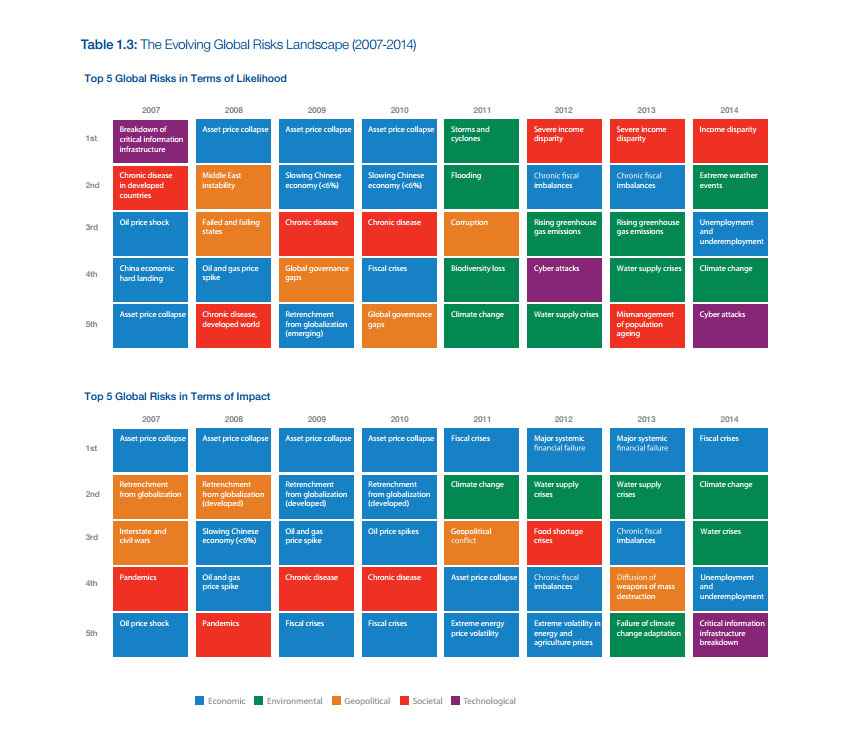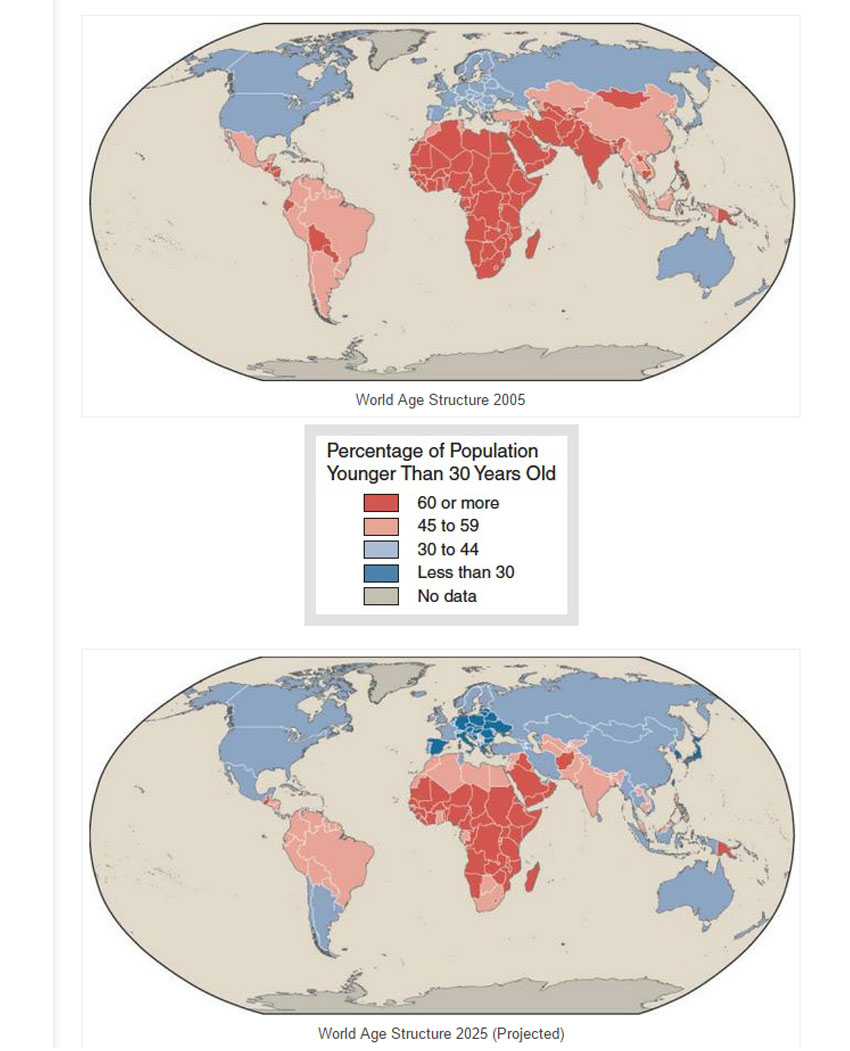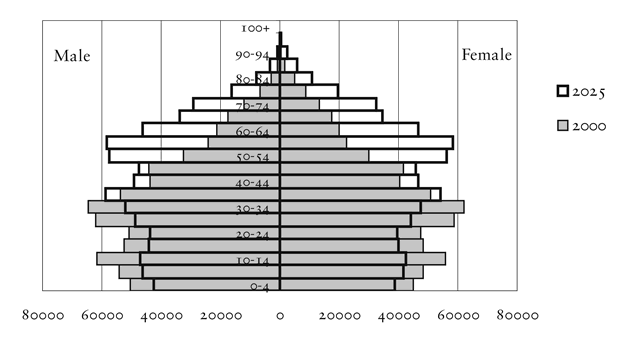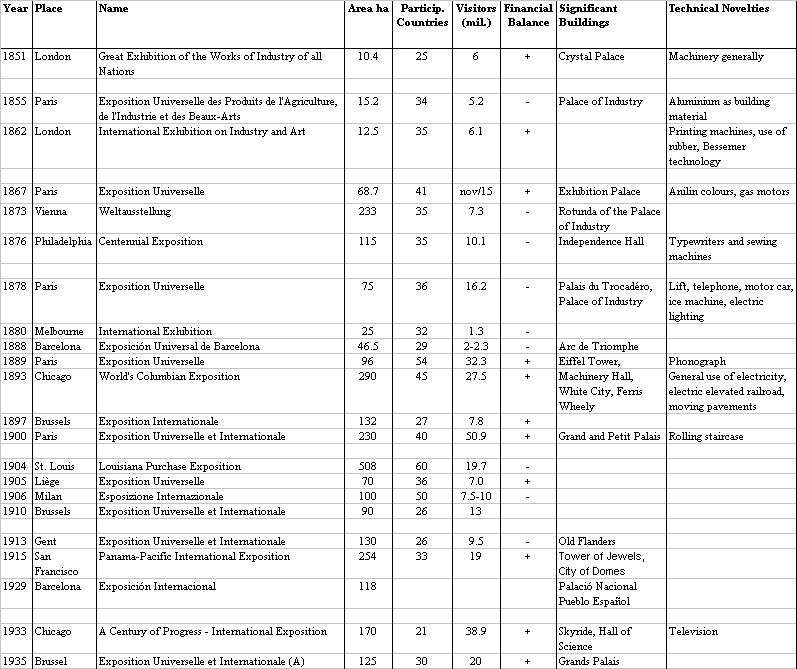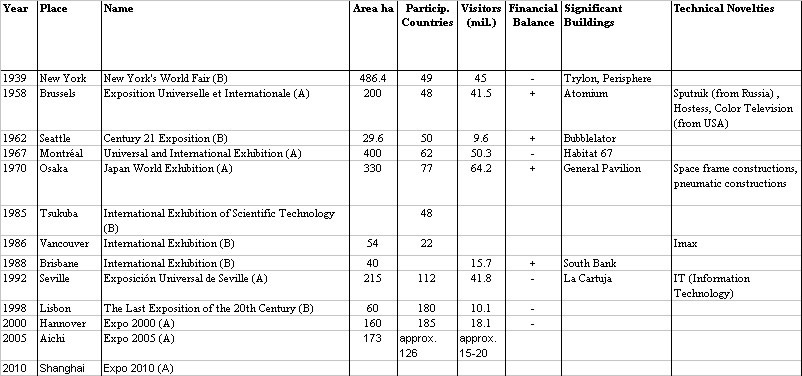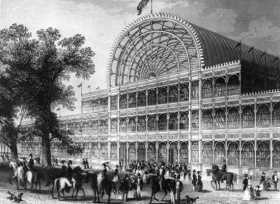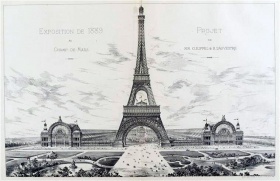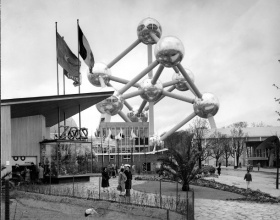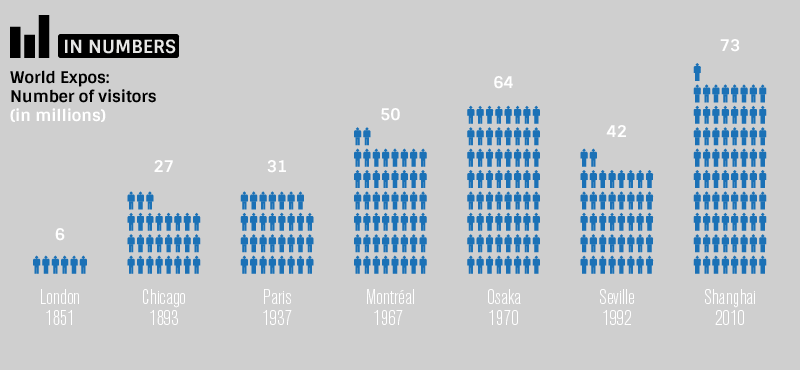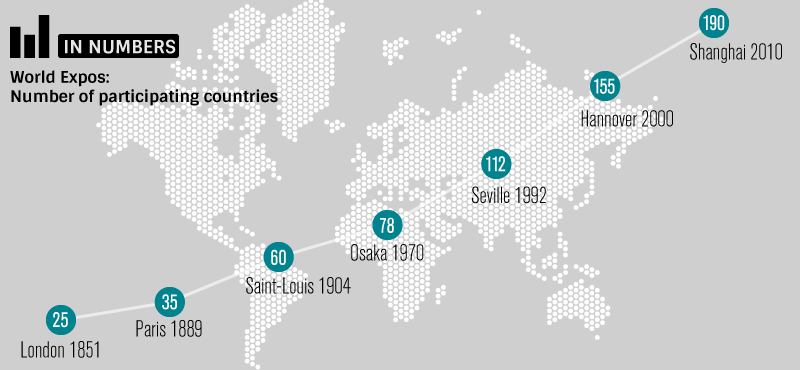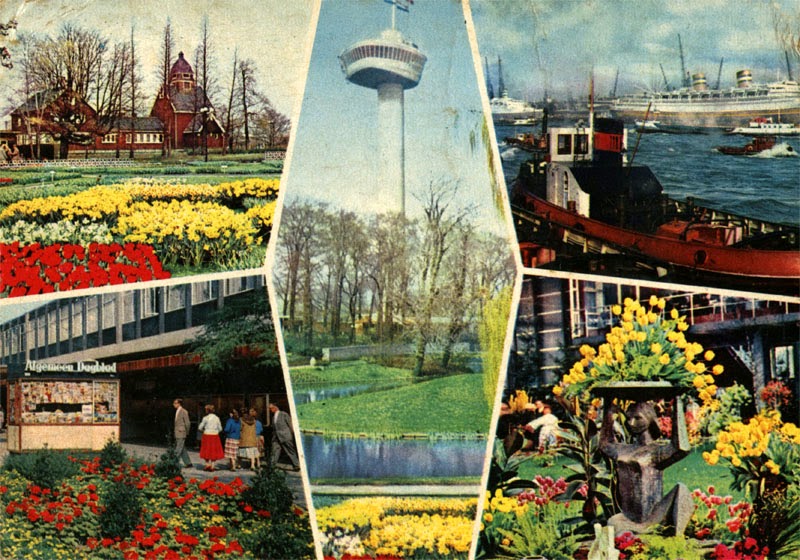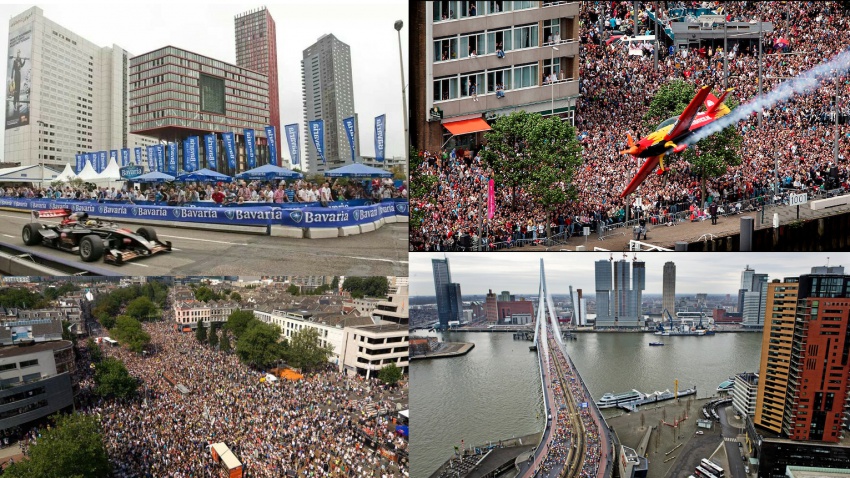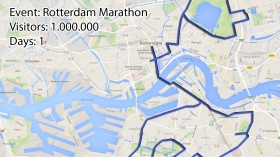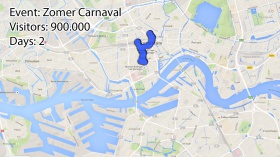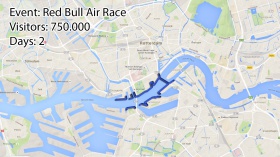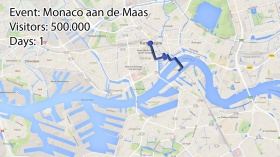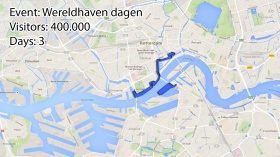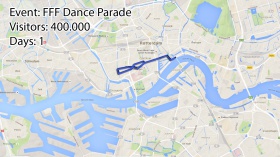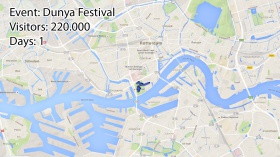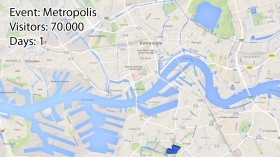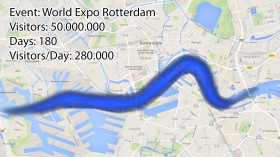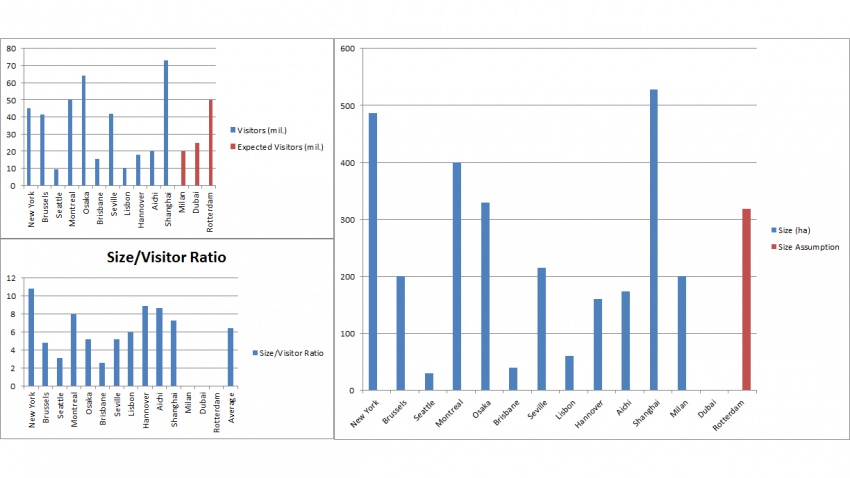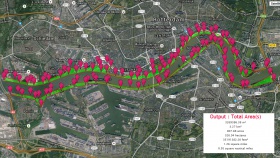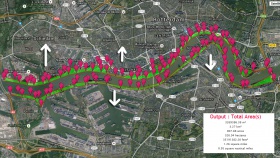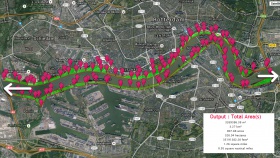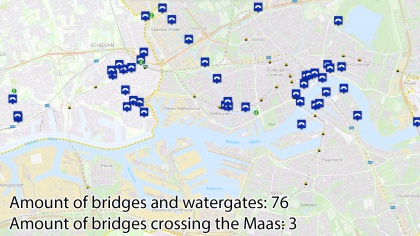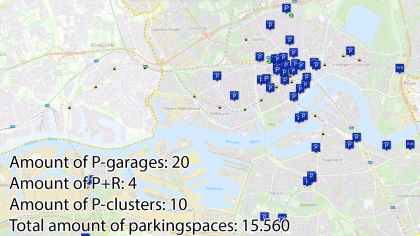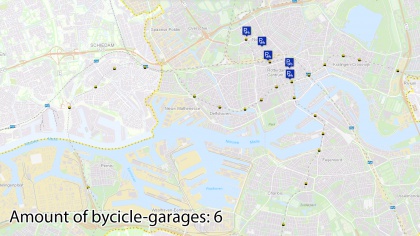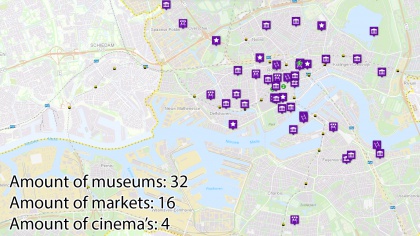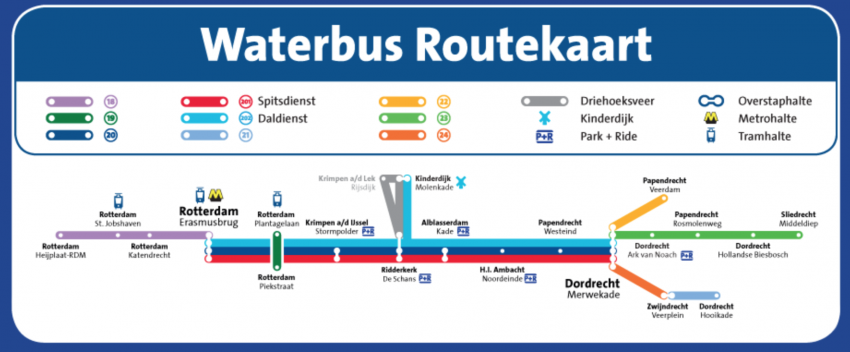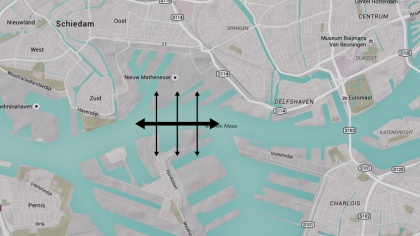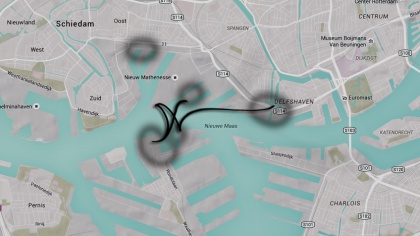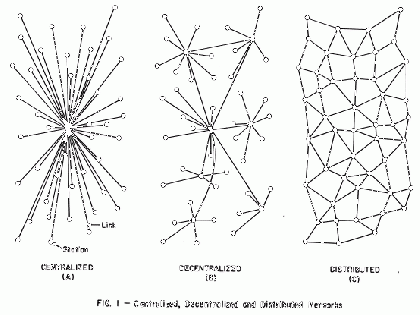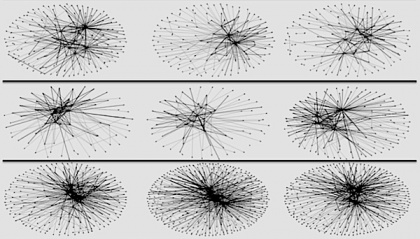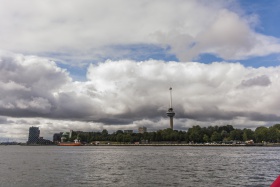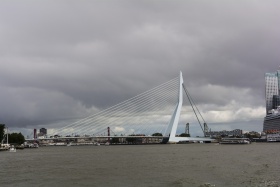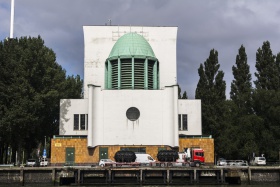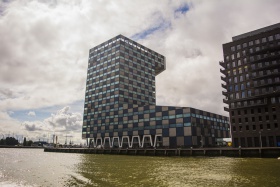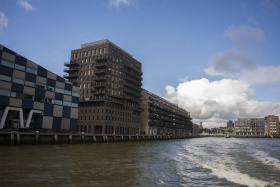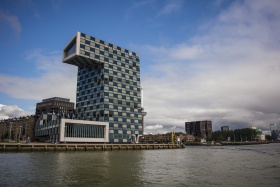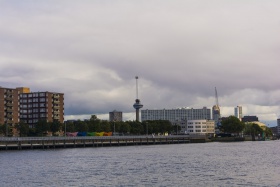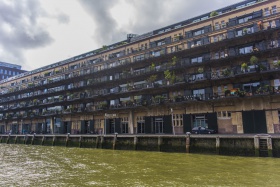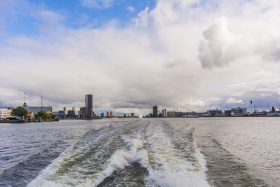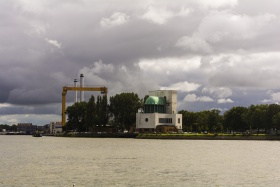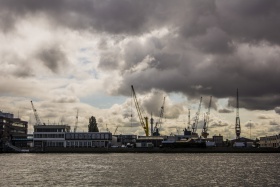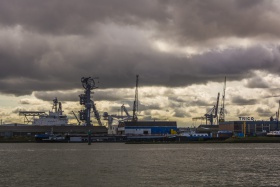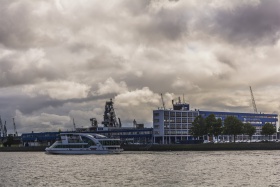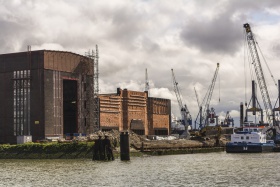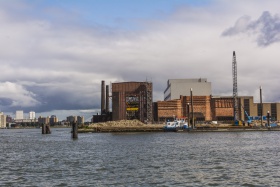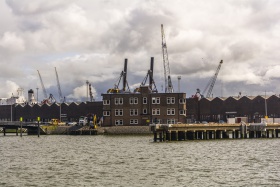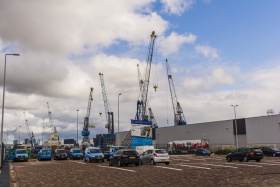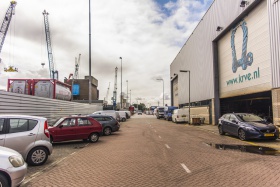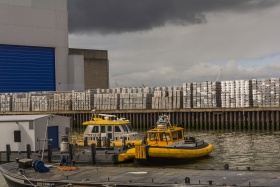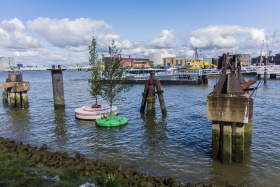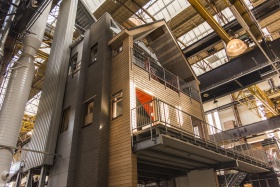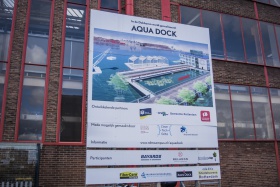Difference between revisions of "Shared:Group 3"
| Line 75: | Line 75: | ||
[[File:A01G0319.jpg|850px]] | [[File:A01G0319.jpg|850px]] | ||
| − | |||
=Week 04= | =Week 04= | ||
Revision as of 12:29, 21 September 2015
GROUP 3
Eldin Fajkovic | Mick van Rooijen | Hanno De Groot
Week 04
Speculations on 2025
Community & Lifestyle
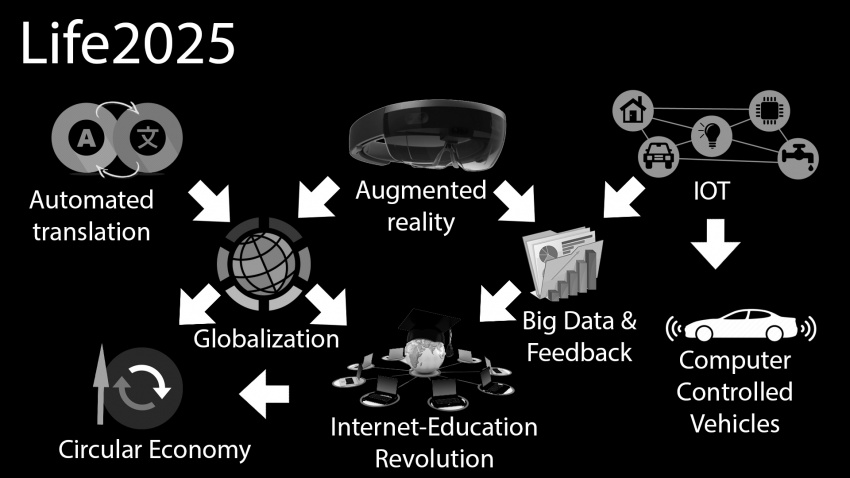 Speculation on the Lifestyle of 2025. Big Data and Globalization are key-words, influencing the revolution of internet-based education methods, an upswing of sensor-embedded environments and the rise of circular economy
Speculation on the Lifestyle of 2025. Big Data and Globalization are key-words, influencing the revolution of internet-based education methods, an upswing of sensor-embedded environments and the rise of circular economy
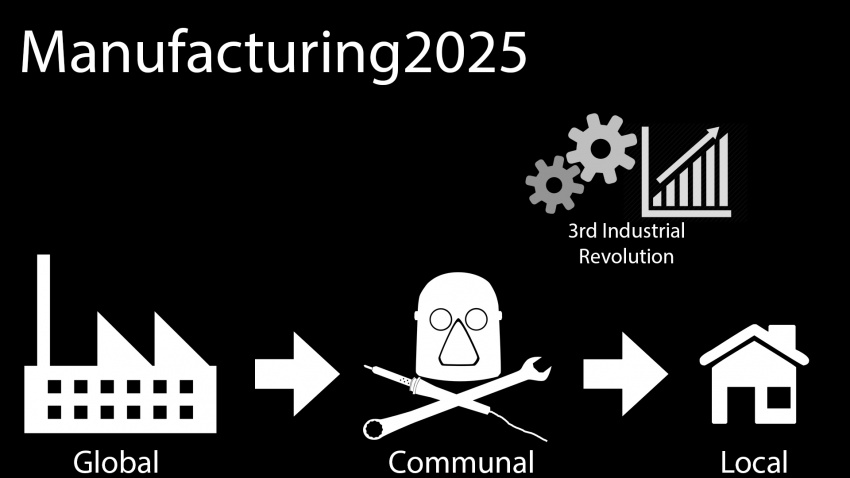 The 3rd Industrial Revolution is having an impact on manufacturing and the "Makers-community". From community-based Makers-Spaces towards Home-Based fabrication.
The 3rd Industrial Revolution is having an impact on manufacturing and the "Makers-community". From community-based Makers-Spaces towards Home-Based fabrication.
Speculation on global issues in 2025
 Threats in 2014 identified by the World Economic Forum.
Threats in 2014 identified by the World Economic Forum.
In the ninth edition of the Global Risks report the following trend is mentioned on future technology.
"Science and technology: Several emerging risks are associated with the use of new technology, such as the potential toxicity of nanomaterials, the future evolution and impact of 3-D printing, and uncertainty about the potential impact of widespread use of autonomous vehicles, which are capable of sensing their environment and navigating on their own. The potential for abuse, or an accident involving synthetic biology, could even pose an existential risk, as discussed in Box 1.7.16"
Top five risk and impacts since 2007
Two diagrams showing demopgrahics projections for 2025. These diagrams both indicate, that the world population will be greying by that time.
Algorithmic Design Approach
Collision Avoidance Algorithm
Simulation of collision avoidance. Possible to be used in a dynamic design on the Maas, purposing avoidance of collision between architecture and fright-ships.
Ant Colony Simulation AI Game Experiment
A Simulation which may purpose in the design of traffic-flow, in and around the built-environment.
Pedestrian Dynamics Open Air Event Crowd Simulation
Regarding EXPO2025, a huge event, Pedestrian Dynamics might prove a valuable approach towards the design of a pavilion.
Spatial Distribution In Buildings (Genetic Algorithm)
Genetic Algorithm purposing the optimization of spatial distribution in buildings.
Voronax
An inspirational video on structural engineering inspired by nature.
Week 03
AgileFab Workshop http://ahn.maps.arcgis.com/apps/webappviewer/index.html?id=c3c98b8a4ff84ff4938fafe7cc106e88
Week 02
World Expo History Analysis
Numbers & Events
Significant buildings
Infographics
Rotterdam Big Events Analysis
Floriade Rotterdam 1960, Starter of the Horticulture Expo
| Official Name | Floriade Rotterdam 1960 | ||
|---|---|---|---|
| Date | 26/03/1960 – 25/09/1960 | ||
| Theme | Specialised Exposition | ||
| Site | Het Park (outdoor) | Ahoy Hall (indoor) | The Energiehal (indoor) |
| Attractions | Cable car (30m high, 4000 people/hour) | Euromast Tower (107m high) | |
| Visitors | 3 million |
Big Events in Rotterdam
Assumption comparison with previous World Expo's
Data Quantification
Quantification of data in reference with Expo and Tourism
Rotterdam Open Data

http://rotterdamopendata.nl/dataset
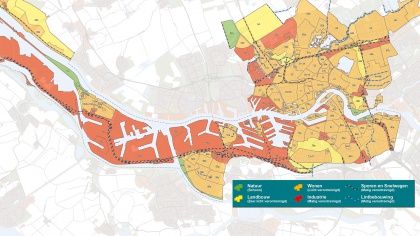
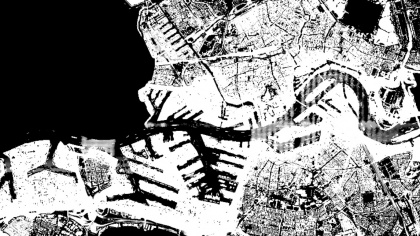 It has 180+ datasets for us to use, though we need to figure out how to do it.
It has 180+ datasets for us to use, though we need to figure out how to do it.
Nationale Databank Wegverkeersgegevens
http://83.247.110.3/ndwOpenAVG/Default.aspx
ftp://83.247.110.3/
Conservation and Transformation
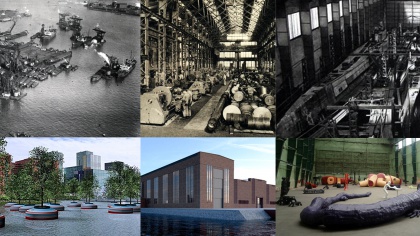
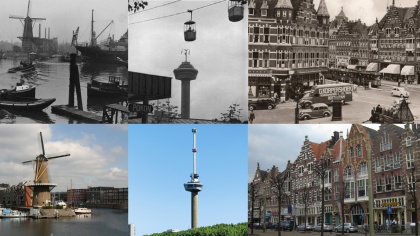
-Regarding future plans, Heijplaat should become a sustainable and energy-neutral village in the future.
-Heijplaat has the lead in the 'City-Harbour Transformation'
-The Shipyard is transforming into a Campus, focussing on a collaboration between innovation, sustainable development, maker-industry, education and harbor-activity.
Source: http://www.heijplaat.com/persbericht.html
Quantitative Transportation Data
Amount of Motor Vehicles on Roads in Harbour
Number of vehicles per twenty four hours on roads in the harbour area.
Public Transportation Accessibility
The table below shows the average distance from a house to the respective form of public transportation in the harbour area.

Travel Time With Public Transportation to Harbours
The Table below shows the amount of time it takes to get to different parts of the harbour, from different parts of the city.
The ferries have not been taken into account in this table; these would lead to a 35 minute reduction for the RDM-Heijplaat harbour.
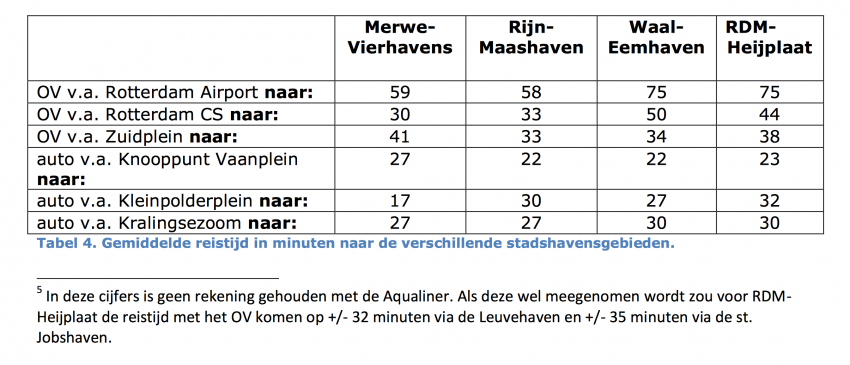
Trains
Ferries
Extended Maasboulevard
Week 01
Maas Shore North Side
Mullerpier
Primary Functions:
-Housing
-Leisure
Maas Shore South Side
Waalhaven
Primary Functions:
-Marine Industry
-Education (technical studies)
Expo Background Analysis
History of the World Expo
In Retrospect
18th century || Early English national fairs of the 18th century had carnival-like public entertainment and showcased various technological innovations and industrial arts.
late 18th - early 19th century || The French began hosting industrial exhibitions as a reaction, to compete against the British in the international marketplace. In the 1830s the British began holding exhibitions, in focus of education craftsmen and factory workers, showcasing tools and labour-saving mechanical devices.
1851 || Britain's Great Exhibition (Crystal Palace Exhibition. Showcased were scientific and technological marvels from many different countries as well as works of art and craftsmanship.
1880 - WWI || Golden age of fairs, with more than 40 international expositions held.
1893 || World's Columbian Exposition in Chicago, created an exposition whose architecture shaped the country's style for the next 25 years. Also the concept of the midway, a lively enterntainment zone, was introduced. This soon became the staple of virtually all future expositions.
After WWI || Fairs lost their cultural status. Fewer were held, and were not artistically or commercially successful. Fairs had less to offer people who could now see movies or hear radio programs instead.
1925 || The Exposition Internationale des Arts Decoratifs et Industriels Moderne, held in Paris, made the style known as Art Deco highly popular the next 15 years.
1930's || America uses Art Deco in their fairs to take the minds off the Great Depression.
Cold War || World's fairs became staging grounds for displays of U.S. - Soviet rivalry.
1970 || Japan World Exposition in Osaka, who's host country showed its remarkable recovery just 25 years after WWII. It made clear Japan had regained its place among the world's leading nations.
After 1970 || Fairs tend to enlighten visitors about a particular theme, often environmental in nature.
21st Century || Fairs are less frequent due to increasing costs of staging them because of tighter regulations. There were two significant events. The exposition near the city of Nagoya in 2005 and the Shanghai exposition in 2010, which reported 73 million visitors.
"Although some critics have denounced world’s fairs as extravagant and irrelevant in the world of the early 21st century, others have asserted that, by moving away from the old theme of “technological utopianism” and toward a focus on social and environmental issues as suggested by the Hannover Principles, fairs can continue to be worthwhile for visitors as well as for host cities and countries. "
Analysis of past World Expo's
Milan World Expo 2015
-The Expo-terrain is too distant, 40 km from the city center and a 30 minutes walk from the parking-spots.
-There is nothing for children.
Source: http://www.britannica.com/topic/worlds-fair
http://www.vno-ncwwest.nl/lists/nieuws/artikel.aspx?ID=490&Source=/default.aspx
The Goals of a World Expo
Primary Goals
One of the primary goals of a world's fair is to entertain. World expositions have continued to find new ways to provide informational inspiration in new ways.
They are related to both the Olympics and the United Nations in many ways, but world's fairs are unique in that the everyday person can experience them firsthand, not just athletes or politicians.
Are Expo's Obsolete?
People claim that television and now the Internet have made world's fairs obsolete - that we have now finally exhausted the potential to entertain, enlighten, and inspire outside of one's own home.
Though there will always be new ways to inspire. We also can't discount the attraction of experiencing something new as part of a group, a community.
Perhaps the mission of the world expositions should be to make us even the slightest bit less cynical about the world and to let us feel we are a part of that world - and you can rarely experience that from your television or computer.
Source: http://www.cctv.com/lm/934/21/72284.html
Future Developments
Expo Law
Taking into account fifty million visitors, the organization of Rotterdam World Expo 2025 wants to construct a subway to the proposed festival site. To speed up this process they want a special 'Expo-Law'.
The extra subway would connect as follows: Rotterdam Center <=> Marconiplein <=> Stadshavens <=> zuidelijke Maasoevers <=> Zuidplein.
Aqua Dock
Located on the RDM Campus, Aqua Dock officially launched its experimental platform for testing, demonstrating and designing innovative floating structures in the Rhine harbour of Rotterdam, the Netherlands on March 12
heat Pipe
There is now a kind of heat pipe in which the heat development of the petrochemical industry is transported from Botlek to the greenhouses of the Westland and the houses in The Hague. Such innovative renewable energy facilities should be ready in 2025.
Source: http://www.dutchwatersector.com/news-events/news/9792-aqua-dock-launches-test-facility-for-floating-structures-in-harbour-of-rotterdam-the-netherlands.html
http://www.vno-ncwwest.nl/lists/nieuws/artikel.aspx?ID=490&Source=/default.aspx

